Nutrition and Indigenous Superfoods: Rediscovering Moringa, Millet, and Fonio for Modern Diets
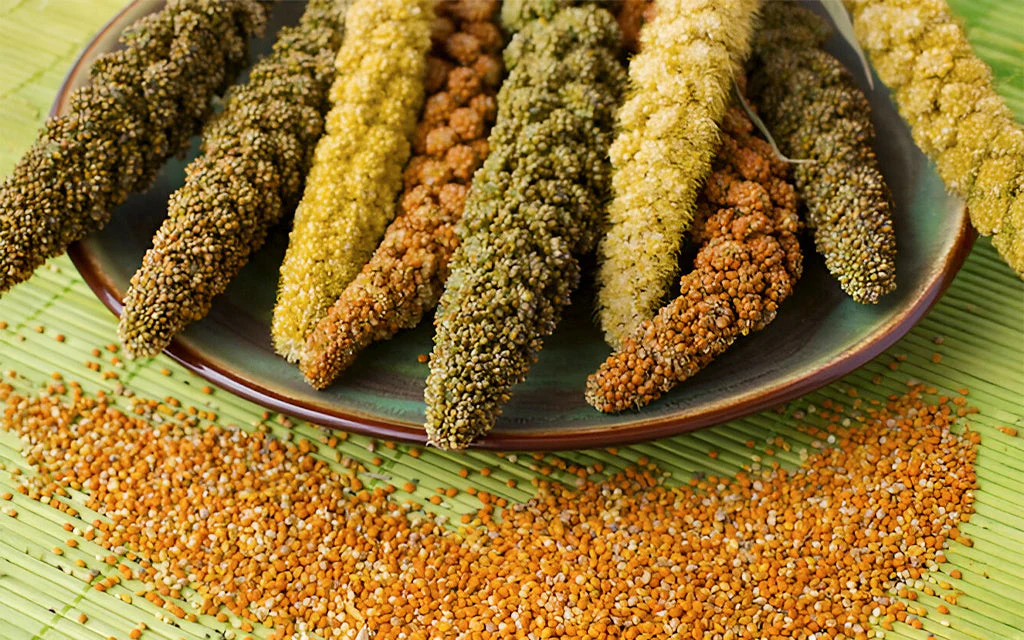
Rediscovering Africa’s Ancient Superfoods
Across Africa, people are going back to the food their grandparents ate. You see it everywhere—moringa in Nigeria and Kenya, millet in Senegal, fonio in Mali. Imported grains and processed foods ruled for decades, pushing out these traditional grains. Now they're returning, full of vitamins and a sense of pride that transcends taste.
Let's talk about moringa first. People don’t call it “the miracle tree” for nothing. Its leaves are full of iron, calcium, vitamins A and C, and a surprising amount of protein. In rural areas, moringa has always been a go-to—stirred into soups, used as medicine, part of everyday meals. Lately, it’s everywhere: in smoothies, teas, and those sleek green tins in health shops from Lagos to London.

Millet’s back in the spotlight, too. It’s tough—grows where almost nothing else will. Drought, heat, bad soil, millet shrugs it off. It’s high in fiber, gluten-free, packed with antioxidants, and for centuries, it’s kept communities across the Sahel healthy. Now, chefs and nutritionists are giving millet a fresh twist. You’ll spot it in porridge, bread, even in local craft beer. It’s flexible, tasty, and actually good for you.
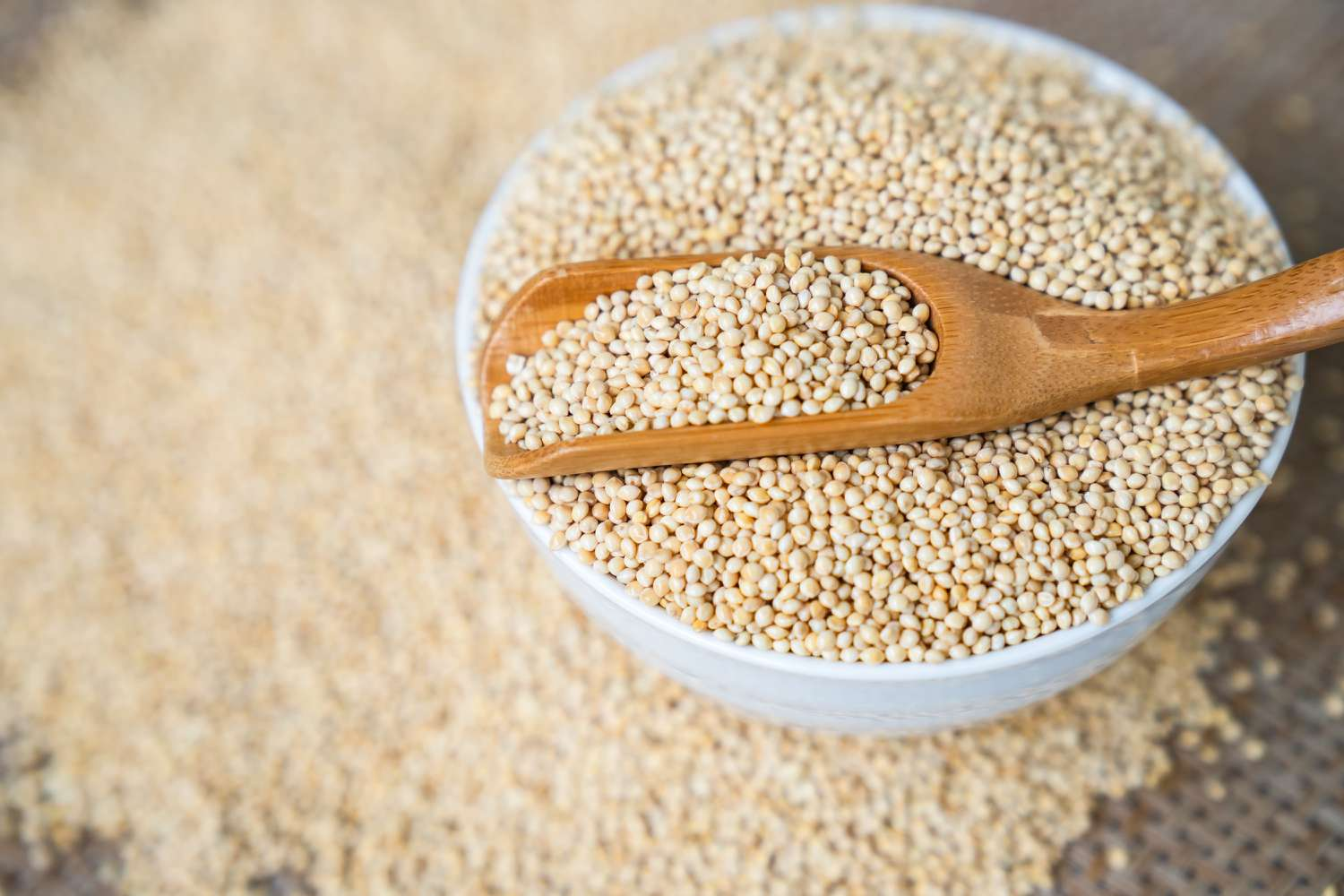
Then there’s fonio, probably the oldest grain in West Africa. People have grown it for ages in places like Guinea and Senegal. Some call it “the seed of the universe.” Fonio is not only an heirloom—it's a small but mighty grain, rich in amino acids and minerals. It takes seconds to cook, boasts a delicate nutty taste, and seamlessly fits into busy, health-conscious lives.
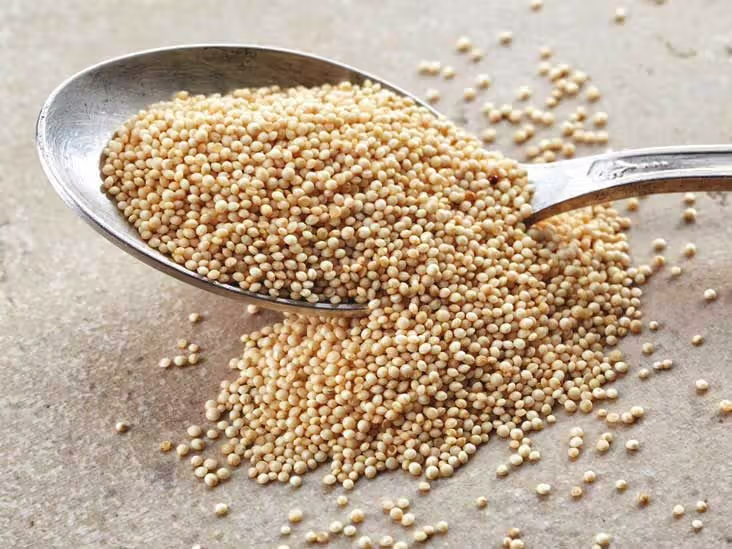
But it's not about nostalgia for the past. This is about actually being in control of what's out there. Diets have been dependent for too long on foreign rice, wheat, and sugar, and these basic, healthier crops have been relegated to the periphery. Bringing back these superfoods from the past is not just an ode to tradition—it's a genuine remedy for diseases like diabetes, obesity, and malnutrition. The return to these roots just feels right.
Nutrition Meets Sustainability
Traditional superfoods aren't only healthy for you—they're a planet saver, too. Look at millet and fonio. These crops barely require water, do not depend on chemical fertilizers, and continue to grow in dry, obstinate soil. For farmers facing climate change and famine, they are a lifeline.
In the Sahel, you can see the shift happening. Farmers are switching from foreign rice to millet, as their grandparents did. The reason is given by a Senegalese agronomist working with local co-ops:"It's about resilience. Our ancestors knew this land better than we believe." These grains are built for Africa’s climate.
This isn’t just some quiet throwback. Grassroots are doing their best, and now big organizations are chipping in, as well. The FAO and the African Development Bank are putting money into initiatives that put indigenous grains front and center. And if you missed it, the United Nations officially declared 2023 the International Year of Millets—long overdue for a small amount of international recognition for these humble grains.
There's also an entrepreneurial wave sweeping across Africa, as well. In Ghana and Nigeria, startups are launching moringa teas, fonio breakfast cereals, millet snacks—the kind of stuff that appeals to city folks and the African diaspora. Social media caught on as well. Food bloggers and chefs are reimagining old recipes, giving them a contemporary twist, making them become dishes that feature on anyone's Instagram.
But truly, it is more than what ends up on your plate. Supporting indigenous crops equates to more resilient local economies and more diverse biodiversity. By reawakening these abandoned grains, Africa is taking back its agricultural heritage—and its right to decide what it feeds its people.
From Tradition to Global Trend
Suddenly, the world can’t get enough of African superfoods. Health stores in Europe and North America carry moringa powder like it’s the next big thing. Fancy restaurants in New York and Paris serve fonio with the same pride once reserved for quinoa or farro. But with all this excitement, the old question pops up: who really wins when demand takes off? How do African farmers cash in on this moment—without giving up their traditions?
Chef Pierre Thiam, who’s been championing fonio for years, has a pretty clear answer. He says Africa needs to keep more of the process at home. Don’t just ship out raw crops. Process them. Package them. Build brands that belong to the continent. That way, Africa doesn’t watch its own food story get rewritten elsewhere.

Also in one of the interviews,he stated that bringing back ancient grains like fonio isn’t just about eating healthy. It’s about reconnecting with who you are. “Fonio kept our ancestors going for thousands of years,” he said. “It’ll grow in places where nothing else will. It’s smart for the climate, and yeah, it’s deeply African.” Thiam works with small farmers in West Africa, and he’s not just trying to turn fonio into the next trendy export. For him, it’s about sparking local pride and helping communities thrive. Thanks to his push, fonio has gone from being this old-school village grain to something you’ll spot on fancy menus everywhere—Dakar, New York, you name it.
And you can see this shift happening. In Nigeria, small co-ops turn moringa leaves into powder that meets export standards. Over in Burkina Faso, women’s groups grind fonio into flour for both local shops and bigger markets. This isn’t just about business. These projects give rural communities a bigger voice and turn Africa into a real player in the world of sustainable food.
For anyone reaching for that bag of moringa or ordering fonio salad, the choice is about more than nutrition. It’s a nod to heritage, a way to respect old wisdom while tackling today’s problems—food insecurity, health, climate change, all of it.
Indigenous superfoods are shaking up diets—and honestly, they’re giving rise to a whole new kind of agro-entrepreneurship in Africa. Young farmers and small producers aren’t just sticking to the old ways. They’re turning moringa leaves into tea, grinding up fonio for gluten-free flour, even making millet energy bars that end up overseas. It’s not just about eating better. These businesses are opening up jobs and letting more people profit right in their own communities. Take Senegal and Ghana, for example. Women-led cooperatives there are at the forefront, showing everyone that traditional crops can power healthier lives and boost local economies at the same time.
As cities across Africa grow and eating habits shift, the comeback of foods like moringa, millet, and fonio feels like a homecoming. Maybe the future of nutrition isn’t about inventing something new. Maybe it’s about going back to the seeds and recipes that have always sustained people, and letting those traditions lead the way.
Recommended Articles
Green Chemistry: The Quiet Force Shaping a Sustainable Future

It’s easy to think of chemistry as something distant; a world of equations, beakers, and laboratories. But behind the bu...
Carbon Credit Colonialism: Are African Forests Being Sold as Western Carbon Offsets?

Africa’s forests are becoming the world’s carbon currency, but who truly benefits? As Western firms rush to buy carbon o...
When the Desert Eats the City: Urban Expansion and Desertification in the Sahel
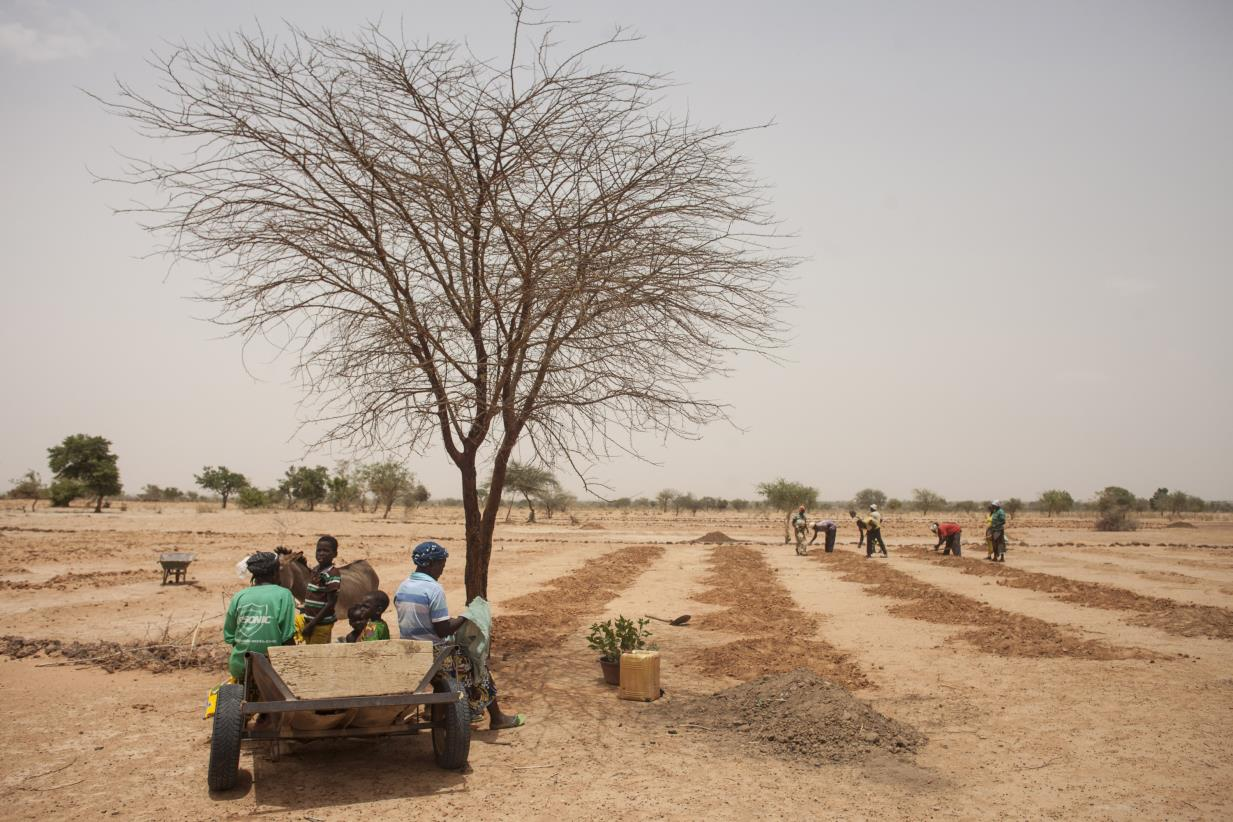
In the Sahel, cities are expanding even as the desert creeps closer. From Niamey to Nouakchott, Africa’s drylands are sw...
Water Wars – Drought and Conflict on the Nile, Niger and Limpopo Rivers

As climate change tightens its grip, Africa’s great rivers — the Nile, Niger, and Limpopo — are becoming flashpoints of ...
The New Couture Equation; Africa Redefines Fashion Luxury.
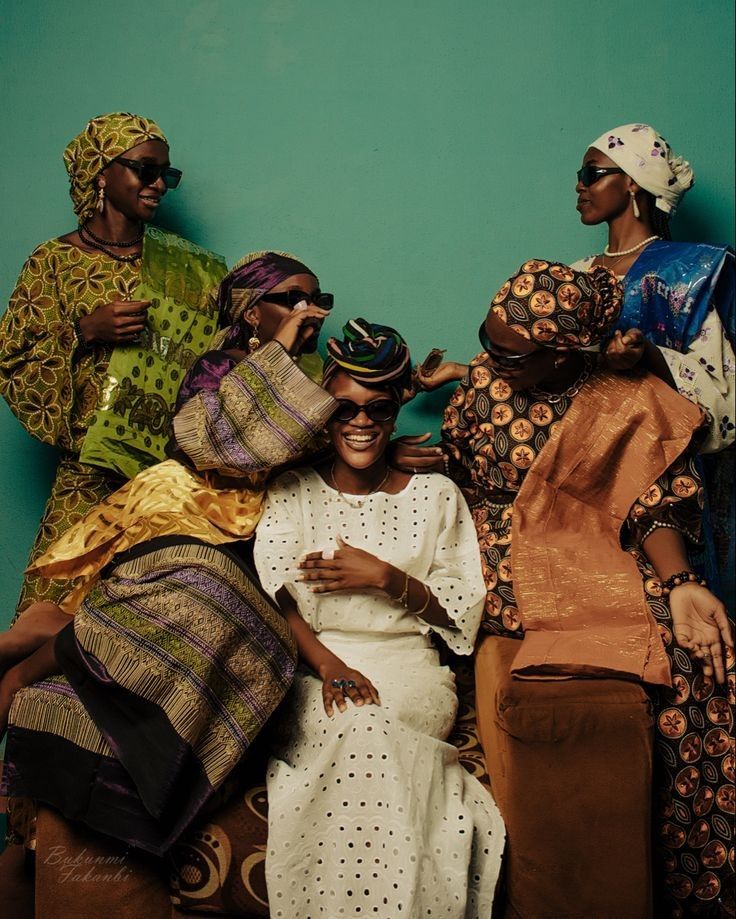
African Designers are defining a new era of luxury and global investment subsequently driving African fashion to the glo...
You may also like...
Boxing Queen Claressa Shields Secures Massive $8M Deal, Primed for Early 2026 Return!

Undisputed champion Claressa Shields has signed a historic $8 million multifight deal with Salita Promotions and Wynn Re...
NBA Sensation Donovan Mitchell Drops 46 Points, Claps Back at 'Washed Up' Troll!

Donovan Mitchell exploded for a season-high 46 points to lead the Cleveland Cavaliers past the Philadelphia 76ers. The s...
Legendary Carol Burnett Donates All 140 Awards to UCLA, Establishes New Scholarship

Hollywood legend Carol Burnett has made two significant gifts to UCLA: establishing an endowed scholarship for music the...
Oscar-Nominated Star Pauline Collins Dies at 85, Leaving Behind a Legacy

British actress Pauline Collins, celebrated for her role as Shirley Valentine, has died at 85 after battling Parkinson's...
Wicked Movie Exclusive: Director Reveals Historic Ariana Grande & Cynthia Erivo Duet

Director Jon M. Chu and music editor Jack Dolman discuss the intricate process of adapting <i>Wicked</i> into the two-pa...
Breaking: AKA Murder Suspects Extradited to South Africa for High-Stakes Trial

Accused of the murders of rapper Kiernan "AKA" Forbes and Tebello Motsoane, brothers Siyabonga and Malusi Ndimande are s...
New Horizons: Akasa Air's Africa Expansion Ignites India-East Africa Travel Boom

Akasa Air, an Indian low-cost airline, is expanding its operations to Africa, targeting key destinations like Kenya and ...
Run Your Way to Youth: A Beginner's Plan for Aspiring Athletes Over 40!

Discover a comprehensive 4-week running plan tailored for women aged 40 and up, developed by coach Paizley Longino. This...
